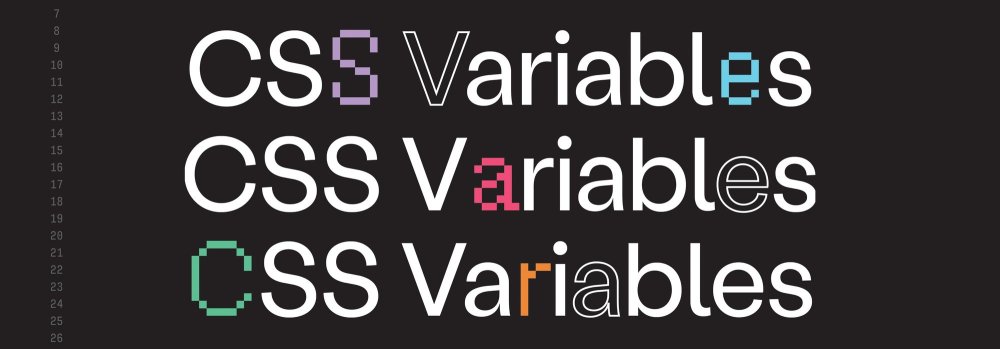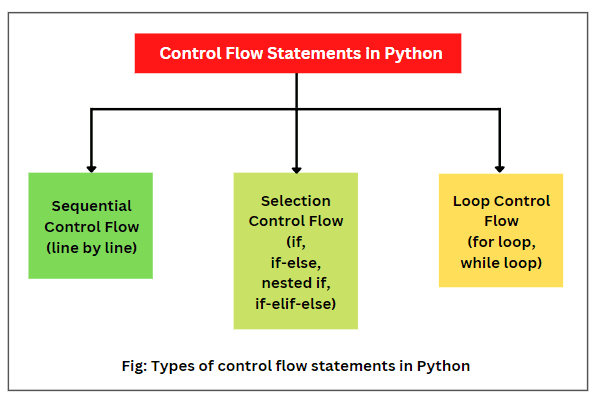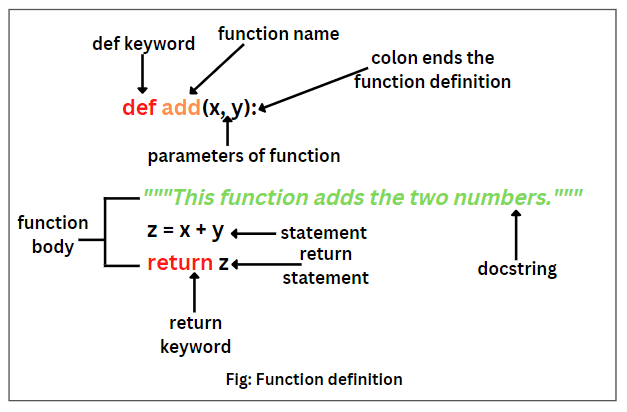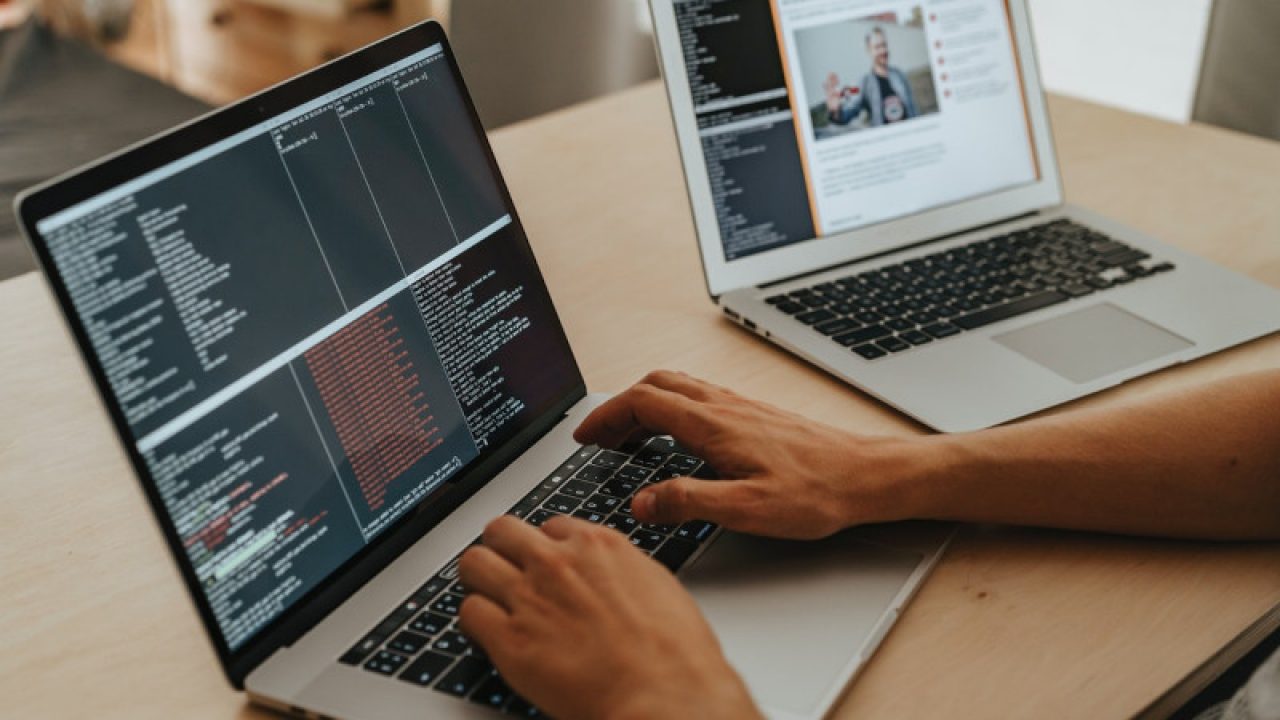"Programming Fundamentals: A Guide to Essential Concepts"
Programming is a fundamental skill that enables individuals to communicate with computers and instruct them to perform specific tasks. It involves writing code in various programming languages, which serve as the medium through which humans can convey instructions to machines. Here are some key concepts about programming:
What is Programming?
Programming is the process of creating a set of instructions that a computer can follow to perform tasks or solve problems. This collaboration between humans and computers allows for the development of software applications, websites, and systems that enhance our daily lives, from online shopping to space exploration
Fundamental Concepts of Programming
-
Variables: These are containers for storing data values. Each variable can hold different types of data, such as numbers, strings, or lists, and can change during program execution.
-
Data Types: Programming languages support various data types, including integers, floating-point numbers, strings, and booleans. Understanding these types is crucial for effective programming.
-
Control Structures: These structures dictate the flow of a program. They include:
- Sequential Control: Executes statements in order.
- Selection Control: Makes decisions based on conditions (e.g., if-else statements).
- Iteration: Repeats a block of code (e.g., loops) until a condition is met.
-
Functions: Functions are reusable blocks of code that perform specific tasks. They can take inputs (parameters) and return outputs, promoting code efficiency and organization.
-
Data Structures: These are ways to organize and store data efficiently. Common data structures include arrays, lists, stacks, and trees, each serving different purposes in data management.
-
Abstraction: This concept simplifies complex systems by hiding unnecessary details, allowing programmers to focus on higher-level functionalities without getting bogged down by underlying complexities
Learning Programming
Learning programming requires practice and consistency. Beginners often start with languages like Python due to its straightforward syntax, which makes it easier to grasp fundamental concepts. As one progresses, they can explore more complex languages and paradigms, such as object-oriented programming, which focuses on using "objects" to represent data and methods
Conclusion
Programming is an essential skill in today's technology-driven world. By understanding its core concepts, individuals can develop the ability to create software that solves real-world problems and enhances various aspects of life.








